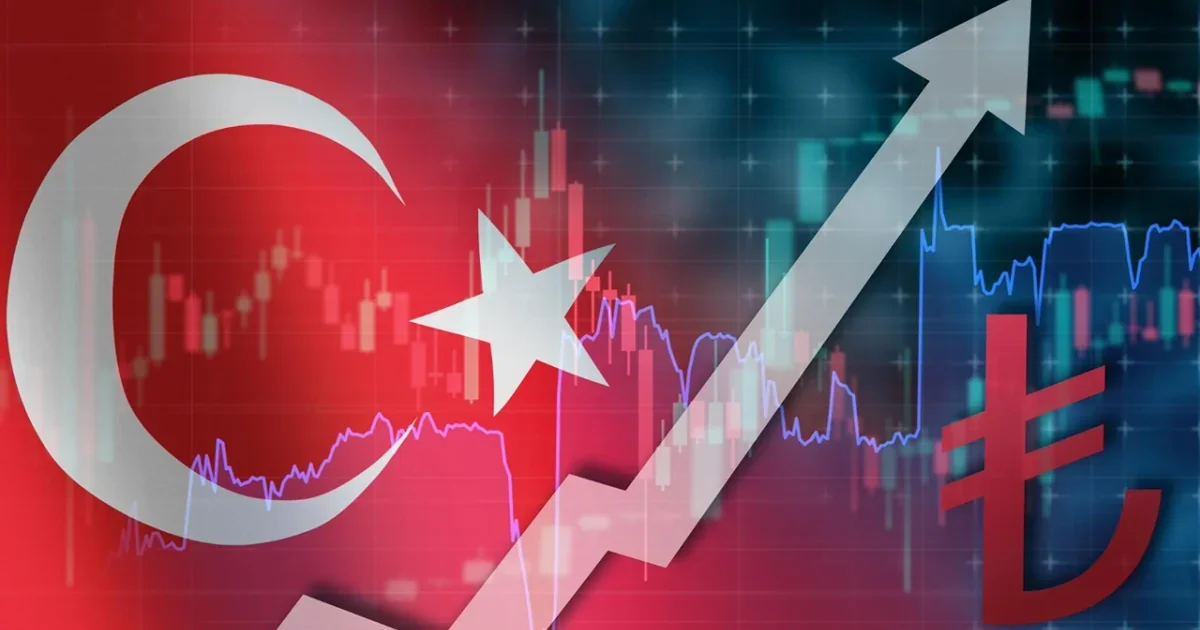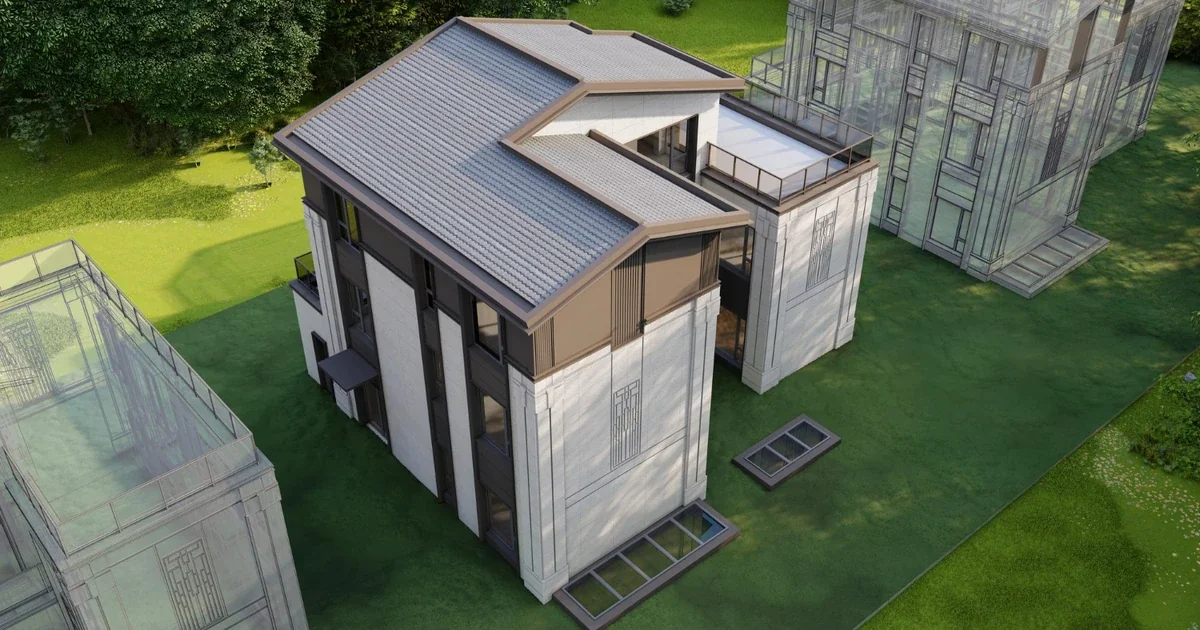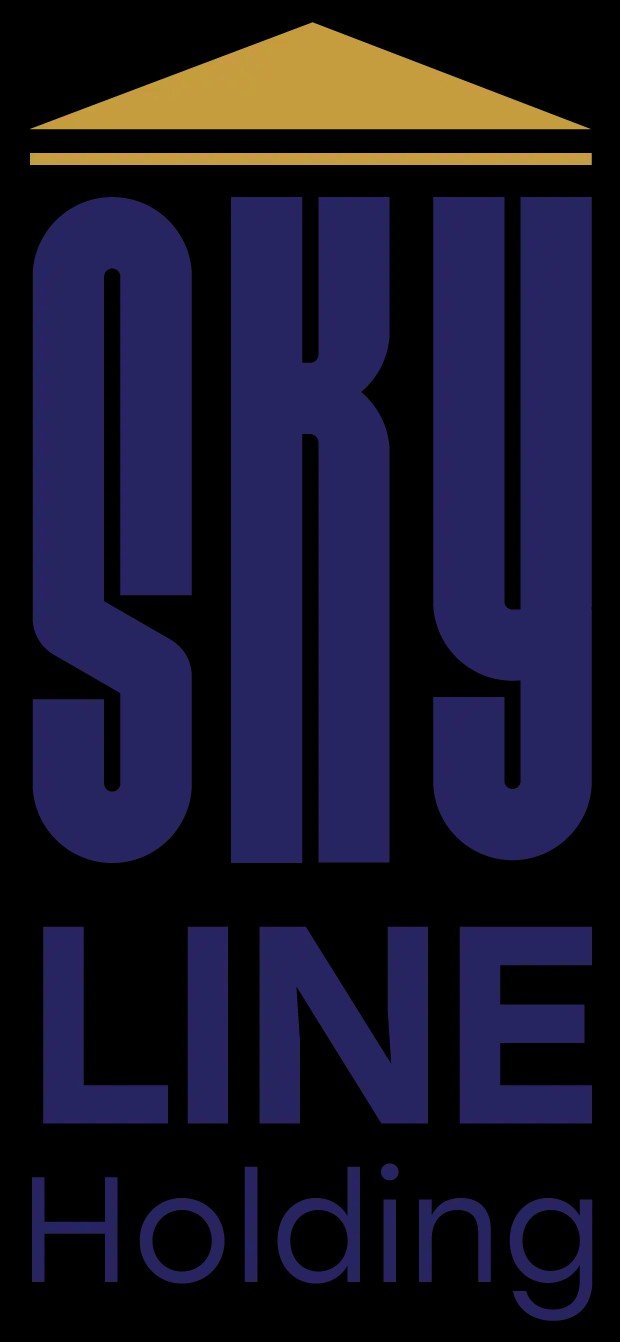Blockchain-Based Real-Estate in Dubai
June 26, 2025
Dubai is currently witnessing a radical shift in its real-estate sector through Real Estate Tokenization, which allows property ownership to be divided into tradable units (tokens) on the blockchain. This technology represents a revolution in property investment, opening wide doors for individuals and companies to acquire small real-estate shares at a lower cost. In this article, we explore the concept of real-estate tokenization, its benefits and mechanisms in Dubai, the related legal aspects, and future investment opportunities compared with traditional property ownership.
What Is Real-Estate Tokenization?
Real-estate tokenization is a modern investment model that converts property ownership into blockchain-backed digital units (tokens). This means dividing the property’s value into small, encrypted digital tokens, where each token represents a specific ownership share. Through tokenization, a group of investors can collectively own a single property, with each investor holding a fractional share equal to the number of tokens purchased. These tokens and their related transactions are recorded on a secure electronic ledger (blockchain) that ensures transparency and prevents manipulation or forgery.
In other words, fractional tokenized ownership allows you to hold part of a property without buying it outright. These shares are documented as digital tokens linked to the property title and can be traded easily among investors. Thus, a property becomes both a physical asset and a digital asset: ownership transfers on electronic platforms with the same reliability as traditional land records. The concept extends blockchain use in real estate to streamline and modernize property sale and purchase processes.
Benefits of Tokenization for Investors
Tokenization offers numerous advantages that make it attractive to both individual and corporate investors. Key benefits include:
- Easy market entry: Real-estate investment no longer requires large capital. Tokenization enables investors to enter the market with relatively small amounts—starting at roughly AED 2,000—allowing a wider demographic to participate in Dubai’s property market. Small investors can buy tokens representing fractions of luxury properties or large developments.
- Diversification and risk reduction: Investors can spread their capital across multiple tokenized properties instead of placing the full amount in a single asset, reducing risk. If returns on one property drop, gains from other tokenized assets can offset the shortfall. Such diversification was difficult before tokenization but is now accessible to individuals through digital real estate.
- High liquidity and flexible exit: Selling a full property traditionally can take months, whereas a fractional token owner can quickly sell or buy tokens on licensed trading platforms, offering better liquidity than conventional investment and faster profit realization or exit.
- Regular income: Investors receive income (e.g., rent) proportional to their token holdings. Thus, a small investor can enjoy steady rental returns without owning the entire property or managing tenants; intermediary platforms usually handle collection and distribution automatically, making the investment hassle-free.
- Transparency and trust: Blockchain provides high transparency and tamper-proof records. Every token sale or purchase is logged on the chain, boosting investor confidence: they can verify ownership and track property history and share allocations directly. The technology also reduces fraud or double-selling because each token represents a unique, verifiable ownership share.
How Tokenization Works at the Dubai Land Department
The Dubai Land Department (DLD) has adopted tokenization through official licensed platforms. It launched the Prypco Mint platform, enabling fractional tokenized ownership under its direct supervision and in partnership with blockchain-specialist firms, making Dubai one of the world’s first cities with a formal framework and digital marketplace for this investment model. The platform is licensed by the Virtual Assets Regulatory Authority (VARA) and functions as an electronic market for buying and selling tokenized property shares. Developers and owners can list properties for tokenization, set each token’s value (share), and specify the total number of tokens available.
By linking the land registry to the blockchain, the digital system integrates with Dubai’s traditional property records. When tokens representing a property share are sold, the government’s ownership ledger updates simultaneously. This integration ensures the tokenization process is transparent, trustworthy, and compliant with legal regulations.
When tokens are registered electronically with DLD, investors receive official certificates proving their fractional ownership. On 29 May 2025, the Dubai Land Department issued its first tokenized fractional ownership certificate, confirming the emirate’s readiness for this digital transformation in real-estate investment.
Legal and Regulatory Aspects in Dubai
Dubai’s government has established a clear legal framework to regulate fractional tokenized ownership. Key points include:
- Platform licensing: VARA supervises trading platforms and ensures their compliance with local laws.
- Ownership documentation: DLD issues official certificates confirming investors’ token holdings, protecting their legal rights.
- Investor protection: Dubai enforces strict disclosure standards for property information, enhancing investor trust and safeguarding rights.
- Token trading: Tokens may be traded only on licensed platforms and are directly linked to the government land registry.
Investment Opportunities Through Digital Real Estate
The emergence of digital real estate via tokenization opens new, innovative avenues for investors in Dubai and worldwide. Key opportunities include:
- Attracting global investment: As tokenization platforms expand, Dubai can draw international investors and capital into its property market with unprecedented ease.
- Project financing: Tokenization helps developers fund projects by attracting many investors. Instead of relying on a single backer or bank financing, a developer can list a project digitally and raise capital by selling tokens that represent future units.
- Secondary markets: Secondary trading platforms for real-estate tokens are expected to emerge, creating stock-like opportunities to profit and resell tokens. Investors could realize capital gains as token values rise and even use tokens as collateral for loans, similar to mortgaging traditional property.
- Investment in luxury assets: The technology enables investment in luxury properties and major commercial centers that were previously difficult for individuals to acquire—such as large hotels or vast shopping malls. For instance, an individual can own part of a profitable mall or resort by buying tokens linked to that asset.
Comparison Between Traditional Ownership and Tokenization
| Traditional Ownership | Tokenization | |
| Investment size | High—requires buying an entire property | Low—buy small shares |
| Liquidity | Low—sale can take time | High—quick, easy trading |
| Management | Full responsibility on the owner | Centralized platform management |
| Investment diversification | Difficult due to high costs | Easy through fractional investment |
| Transparency | Good via official paperwork | Excellent via blockchain |
The Future of Blockchain in Dubai’s Real-Estate Sector
Dubai plans to expand blockchain adoption to encompass large parts of its property market by 2033. Tokenized properties are expected to reach about 7 percent of Dubai’s total real-estate market within the next few years—an estimated market value of roughly AED 60 billion to be traded digitally. Dubai also aims to:
- Fully digitize land records: Use blockchain to document all property transactions faster and more transparently.
- Expand platforms internationally: Make it easier for global investors to participate, boosting Dubai’s international standing.
- Leverage smart contracts: Implement smart contracts to streamline transactions and reduce traditional paperwork costs.
Tips for Investors in Real-Estate Tokenization
To ensure successful investments in this field, investors are advised to:
- Conduct thorough due diligence on the project and property before purchasing tokens.
- Confirm that the platform is licensed by Dubai authorities such as VARA and DLD.
- Spread investments across multiple properties to reduce risk.
- Monitor the market and regulatory developments in Dubai regularly.
Read also:
- Smart Homes – The Latest Automation and Luxury Technologies in Gulf Real Estate
- PropTech Revolution – Virtual Reality and Interactive Tours in Property Marketing
Conclusion
Real-estate tokenization using blockchain promises a bright future for property investment in Dubai, offering new, flexible opportunities for individuals and businesses alike and reinforcing Dubai’s position as a leading global investment destination. With strong regulatory and legislative support from the Dubai government, tokenization is expected to become a new standard in the global real-estate market soon.
Keywords
What is your budget?
Recommended Articles

December 15, 2025
How to Choose the Right Property in the UAE? 2026 Investor Guide
How to choose the right property in the UAE for 2026. A comprehensive guide covering best areas, ROI calculation, and off-plan buying risks.

November 13, 2025
Turkey’s 2025 Economic Program: How Will It Affect Inflation, the Lira, and the Real Estate Market?
The new Turkish economic program: what it means for investors and how it will impact inflation, the lira, and real-estate investment opportunities in Turkey.

July 8, 2025
Modular vs. Traditional Construction: Speed, Cost, and Durability
A comparison of modular and traditional construction in terms of execution speed, project costs, and durability—essential insights for real‑estate investors.
